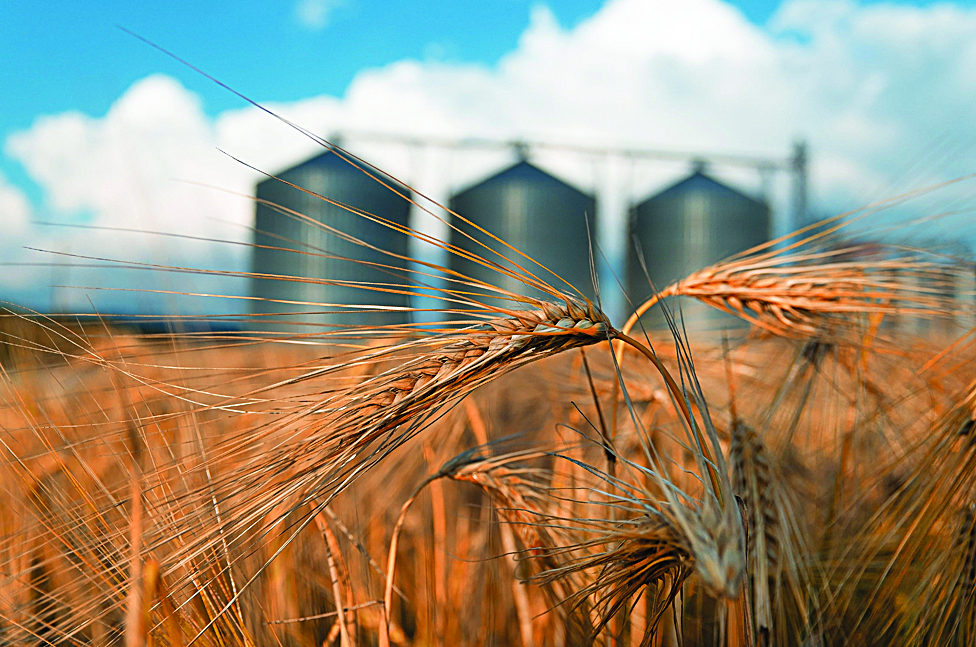MOSCOW: Russia has introduced restrictions on the export of grains, of which it is a major supplier, to four former Soviet countries to secure domestic supplies and avoid a spike in prices. "Russia is introducing a temporary ban on the exportation of grains to the countries of the Eurasian Economic Union," the government's press service said in a statement late on Monday. The EEU is a Moscow-led trade club of ex-Soviet republics, which includes Armenia, Belarus, Kazakhstan, Kyrgyzstan and Russia. The Russian government also said it would stop exports of "white and raw cane sugar to third countries".
The restrictions on grains exports expire on June 30 and those on sugar on August 31, said the government, adding that the decision was taken "to protect the domestic food market given the situation of external restrictions". Western nations have imposed a spate of sanctions on Russia over its invasion of Ukraine that make it difficult to import goods into the country.
For several days, some Russian supermarkets have imposed limits on how much people can buy of several products, including sugar. Images of empty shelves have circulated on social networks but visits by AFP journalists to a selection of food shops did not find any shortages.
According to Russia's national statistics agency, Rosstat, the price of sugar jumped by 13 percent the week of March 5-11. On Sunday, Russian officials declared there was no shortage of sugar in the country. But according to certain local media, in countries such as Kazakhstan and Kyrgyzstan, sugar has largely disappeared from the shelves and its price has doubled. The Russian restrictions on grains exports include wheat, silage, rye, barley and corn. Both Russia and Ukraine are major wheat exporters and the conflict has already sent waves through global commodities markets and seen prices for grain climb precipitously. The Russian government's decision provides for certain exceptions, including for the pro-Russian breakaway regions of Donetsk and Lugansk in eastern Ukraine.
The International Monetary Fund warned on Monday that the conflict could imperil global food security. UN Secretary-General Antonio Guterres also warned Monday that the world must act to prevent a "hurricane of hunger and a meltdown of the global food system". - AFP











